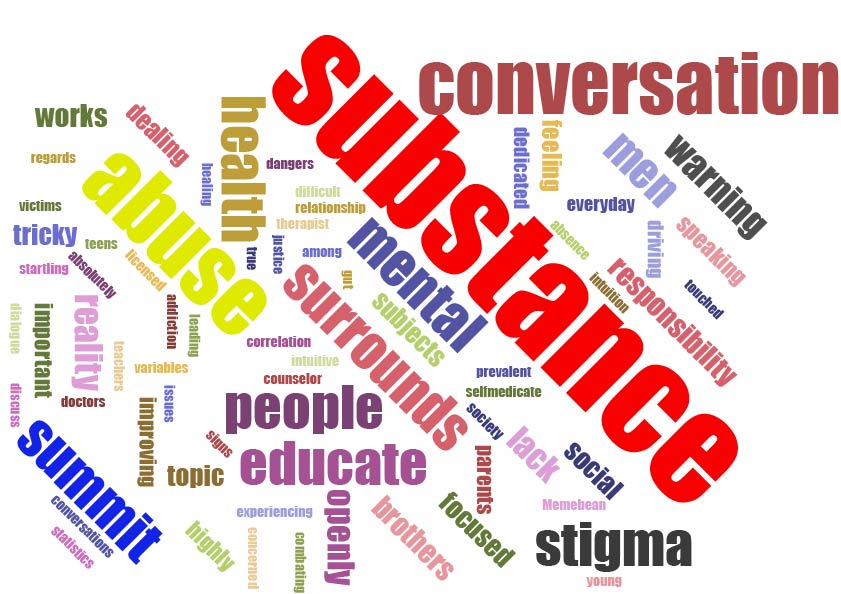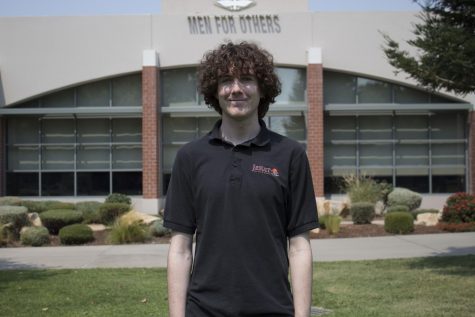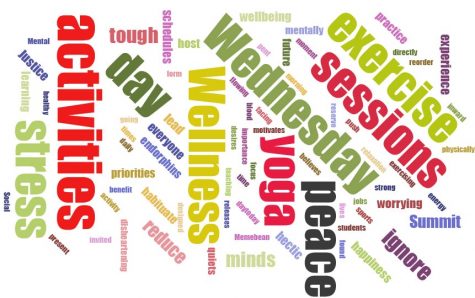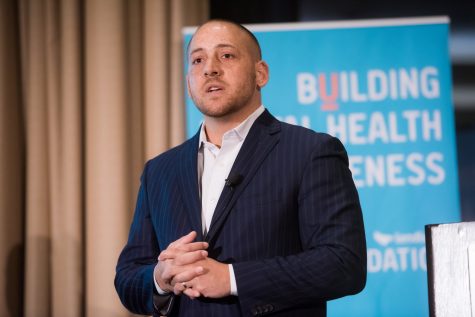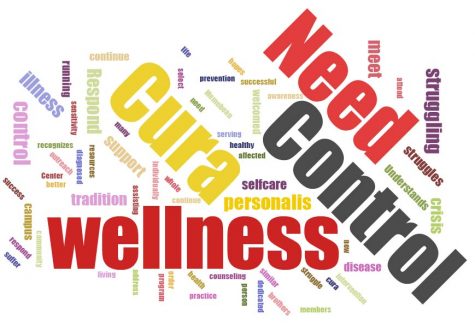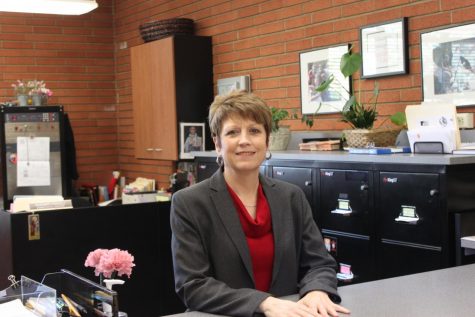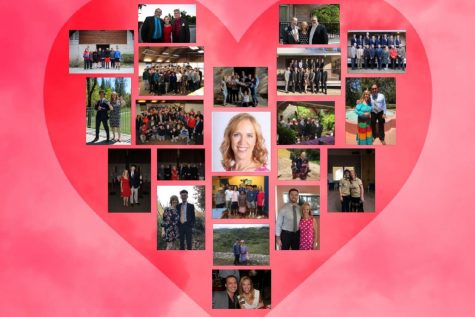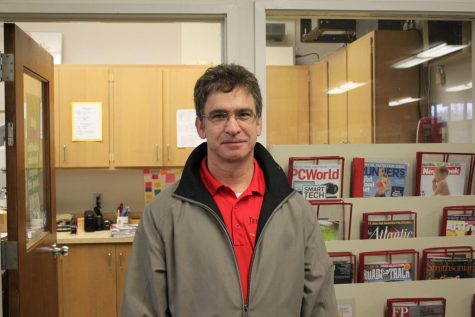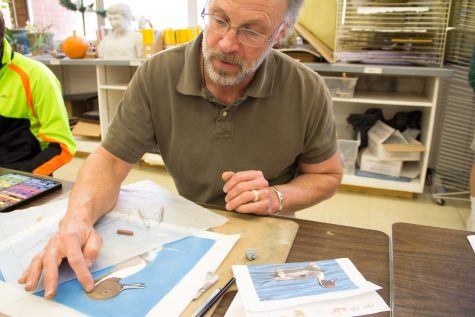Conversations that heal
A startling lack of conversation surrounds mental health and substance abuse in our society, and the stigma is perhaps most prevalent among men and boys.
This year’s social justice summit at Jesuit High School is focused on combating the absence of dialogue that surrounds mental health.
On Tuesday, Feb. 5th, the summit will be dedicated to the topic of mental health and its relationship to substance abuse. Mr. Curtis Buzanski, a licensed therapist and an addiction counselor, who commonly works with people dealing with mental health and substance abuse issues will be speaking.
“There is absolutely a correlation between mental health and substance abuse; statistics have shown this to be true and I see it everyday,” Mr. Buzanski said. “The tricky part is that for some, the mental health is driving them to self-medicate, and for others the substance use is actually leading to mental health issues.”
The subjects of mental health and substance abuse are difficult to discuss, but as Mr. Buzanski points out, a conversation is starting to begin in our communities.
“I do think there is a stigma to mental health, but I think it is improving,” Mr. Buzanski said. “In regards to addiction and substance abuse, however, I think the stigma still needs a lot of help. I think the stigma comes from multiple variables.”
Teachers, doctors and parents have a responsibility to educate young people about the dangers of substance abuse and its effect on mental health.
“I think continuing to educate and openly discuss these issues is the best way to fight the stigma,” Mr. Buzanski said. “The reality is, whether we know it or not, everyone knows someone who has been touched by mental health and addiction, yet we don’t talk about it.”
The conversations about mental health can be very important for healing. If you think that one of your brothers at Jesuit is experiencing problems with their mental health or are victims of substance abuse, there are ways to address it.
“I think teens are highly intuitive and the first thing they should listen to is their intuition,” Mr. Buzanski said. “If they have a gut feeling or voice in their head that has them concerned, then listen to it. Also know the warning signs of different mental health issues.”
If you notice that a friend is possibly experiencing mental health issues or abusing drugs or alcohol, tell a trusted adult. Notify a parent, a teacher, a counselor, a coach, or even the police. Your friend may be mad, but he will at least be getting help.

